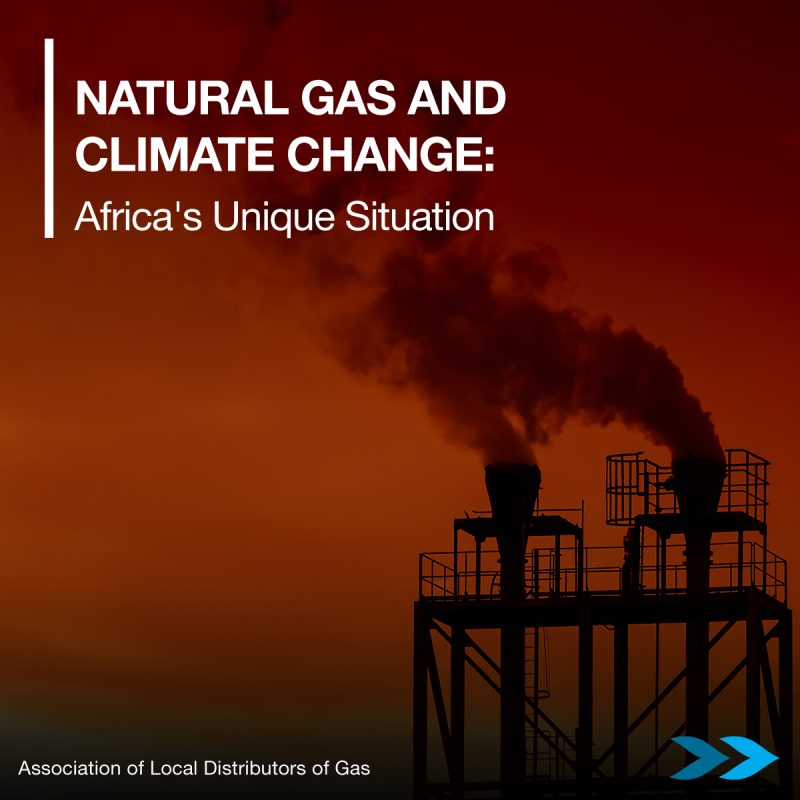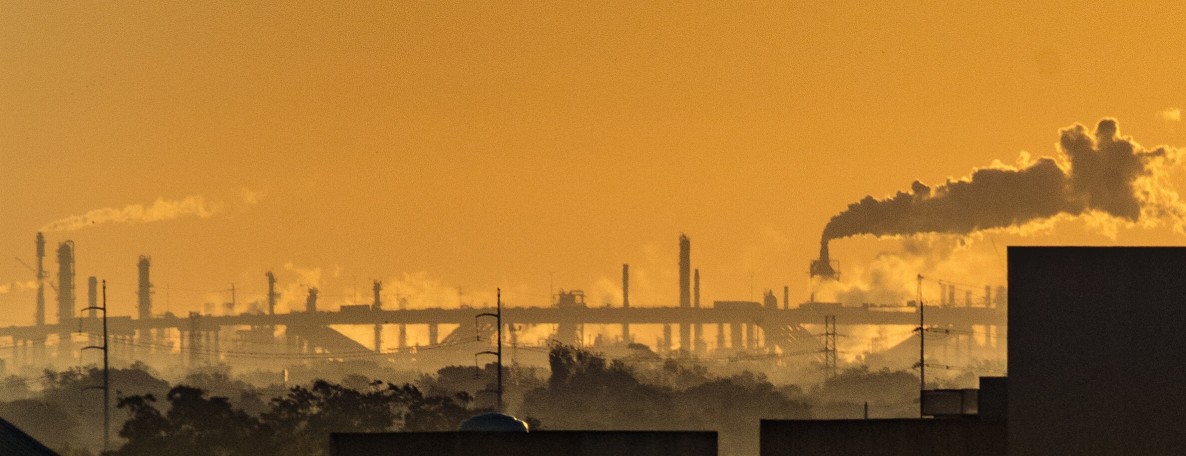
When it comes to climate change, the numbers reveal a case of unequal responsibility. While the effects of global warming are suffered by all, developed countries are at the centre of the activities causing it. According to Stears Business, “Developed countries are responsible for 79% of historical CO2 emissions; the United States, which is home to 4% of the global population, accounts for 22% of all emissions. By contrast, sub-Saharan Africa is responsible for only around 1% of historical CO2 emissions despite having 14% of the world’s population.
Despite the obvious lopsidedness, countries in sub-Saharan Africa continue to be more significantly impacted by the negative consequences of global warming. Even more, funding for gas projects that provide essential infrastructure like gas pipelines and gas-fired power plants is being blocked. While this might seem like a fast route to meet carbon emission goals, eliminating natural gas will constitute a setback in the drive to ensure energy access in the region. It will also cripple the growth of several gas industries leading to an overall stagnation in economic development.
African countries striving to curb carbon emissions must therefore not be made to face even more challenges brought about by a restriction of funding for natural gas projects. This will be a denial of the proven ability of gas to help significantly reduce the carbon footprint of the region and drive economic growth. While the acceleration of a clean energy transition is understandable, investment in gas does not detract from the underlying objectives of such transition. If anything, it strengthens it. Continuous funding of gas projects will also have only an infinitesimal impact on global emissions. This quote from an article by the World Economic Forum explains this succinctly;
“If all of sub-Saharan Africa tripled its electricity consumption overnight using only natural gas, the additional CO2 would be equivalent to just 1% of global emissions.”
It continues further to conclude that “A prohibition on funding for gas-fueled power in Africa won’t work for climate mitigation and it will hurt the continent’s development. Worse, because gas has a pivotal role to play in Africa’s transition to clean energy, a ban now could slow the adoption of renewables and reinforce a global energy double standard.”
If the acceleration that is necessary to deliver on a clean energy future for Africa is to be achieved, it will require the world’s largest emitters committing to doing more to curb emissions. It will also require an understanding of the African perspective and a commitment to funding natural gas projects to ensure energy access and economic growth.



